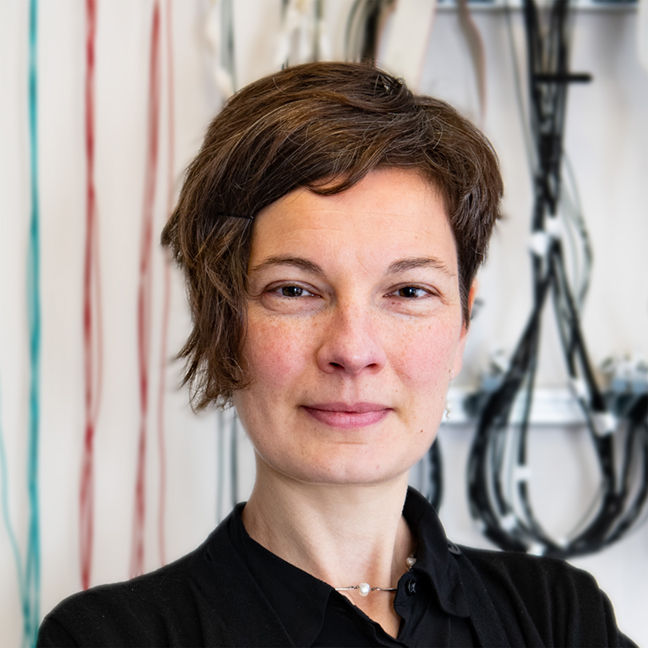Natasha Knack
Causal mechanisms underlying the effect of sexual arousal on sexual decision making

Natasha Knack
PhD Student
School of Psychology
Profile
Natasha’s goal as a researcher is to contribute to the prevention of both initial sexual offences and sexual recidivism. Prior to starting her PhD, Natasha spent 10 years working as a clinical research coordinator in a sexual behaviours clinic at a Canadian mental health centre. She has been involved in over 20 clinical research studies, primarily on sexual offending and problematic sexual interests, and conducted over 130 in-depth interviews with men seeking treatment for these issues. Through this experience, she became interested in how sexual arousal impacts people’s cognitive and affective processes, particularly in the context of sexual decision making. Consequently, Natasha’s PhD research aims to identify possible cognitive/affective mechanisms through which sexual arousal impacts people’s likelihood of engaging in sexual coercion or non-consensual sex. Ideally, this research will contribute to the development of an intervention that could help to mitigate the effect of sexual arousal on sexual decision making. Natasha is an ambassador for the Center for Open Science and welcomes discussions about open science practices.
Qualifications
BA(Hons) Criminology and Criminal Justice
MA Psychology
Research Interests
Sexual offending, sexual abuse prevention, sexual education, forensic psychology, desistance
Publications
PhD topic
Causal mechanisms underlying the effect of sexual arousal on sexual decision making
Supervisor:
Associate Professor
School of Psychology
Lecturer in Behaviour Analysis
School of Psychology
Lab Association
Affective and Criminal Neuroscience Lab
Directed by Dr Hedwig Eisenbarth
Our research is about the neurobiology of emotion in every-day and antisocial contexts. Psychopathic traits and aggression as well as cooperative behaviour are the constructs we use to investigate the basic mechanisms of emotion processing.


